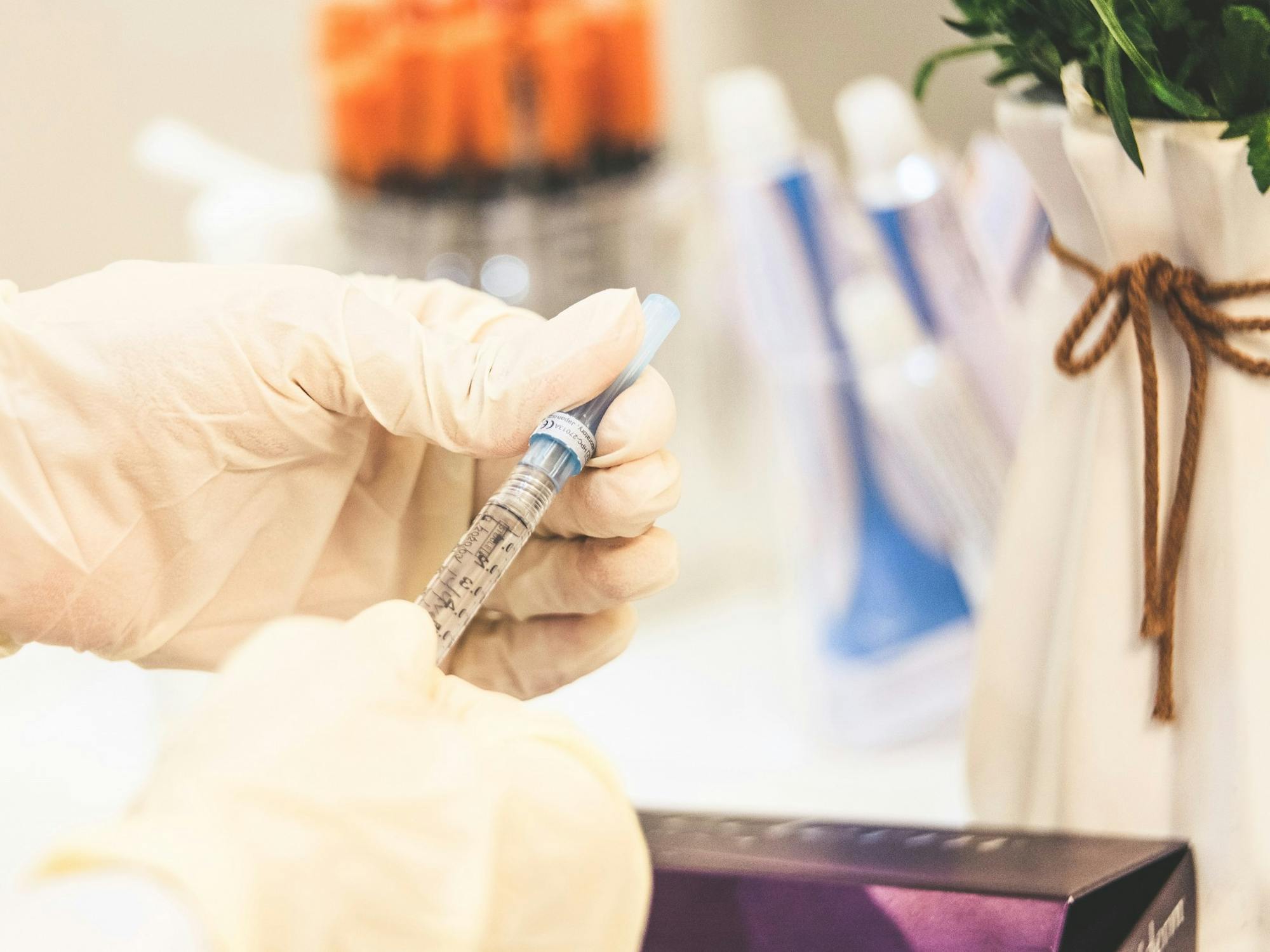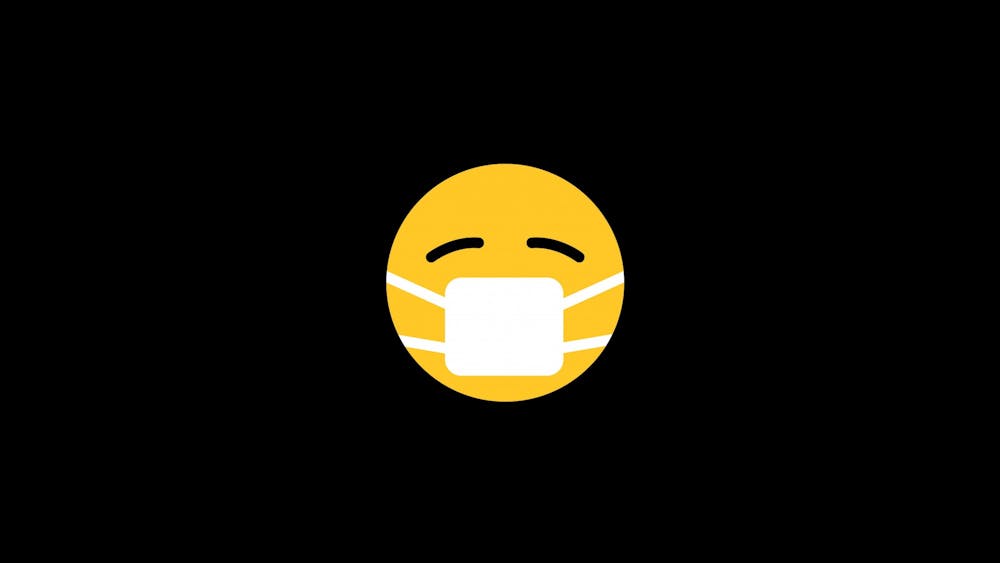Since the announcement made by Gov. Gretchen Whitmer and the Michigan Department of Health and Human Services about the new phase of COVID-19 vaccines, which was enacted on Jan. 11, distributions have been difficult due to a lack of vaccines and willingness to get vaccinated.
Public Information Officer at the Washtenaw County Health Department, Susan Ringler-Cerniglia, stated the issue is that the requests and capacity to administer vaccines is much higher than the number of vaccines available.
“It sounds like this last week that the requests to the state totaled over 700,000 doses, and they had like 60 [thousand] to give,” Ringler-Cerniglia said.
As a result, there are not enough vaccines to schedule or vaccinate everyone who may now be eligible in Washtenaw County.
People who are eligible for the vaccine during phase 1
Phase 1a: Healthcare personnel and residents of long-term care facilities
Phase 1b: People 65 years of age or older, and some frontline essential workers such as police officers, teachers, and grocery store workers.
Phase 1c: People 65 years of age or older, people 16 years of age or older with underlying medical conditions who are high risk, and other frontline essential workers, such as people who work in food service, public safety, and public health.
Currently, Washtenaw County is still working on providing vaccines to Phase 1a, and are slowly starting to vaccinate the people who are 65 years of age or older, in Phase 1b.
According to Ringler-Cerniglia, there is a two-step process for making an appointment in Washtenaw County. First, someone must fill out a vaccination request form found here. Once someone is in the queue for the request, the Washtenaw County Health Department will send out a link, to schedule an appointment as soon as one is available.
These appointments are made on a weekly basis, and the number of appointments made is determined by the number of vaccines that the state is able to provide.
“Capacity wise, we’re getting close to being able to vaccinate 3,000 to 5,000 people a week, but if we schedule 5,000 people for next week, but we only get 2,000 vaccines, then we have to cancel those appointments,” said Ringler-Cerniglia.
Former Eastern Michigan University student, Brianna O’Dwyer, works at a daycare in Grand Rapids, Michigan. Although she currently qualifies for the COVID-19 vaccine, because of her occupation, she is unable to get it at this time.
She shared that Ottawa County had sent out a link to schedule appointments, but when trying to access the link, it did not work.
Ottawa County released a statement similar to Washtenaw County, stating that they are currently not scheduling appointments, but are allowing people to sign up and be added to a list that gets notified when an appointment opens up.
O'Dwyer stated that it was important for her to get vaccinated because she does not want to get COVID-19, especially with an occupation where she is required to work with many children.
“I work with a lot of children, and I know that children are carriers of it [COVID-19] and I would hate to see me pass it to them and they pass it to their parents. Another reason is that I live with my parents, and I know that maybe I could survive it [COVID-19] but I’m not so sure about them. So I think it is important to protect people and get the vaccine," O'Dwyer said.
Although COVID-19 vaccines are limited, Ringler-Cerniglia said that they should still be able to start the process of getting the vaccine out to the general public by August because the initial distribution plan anticipated that there would be a limited supply.
“We are still on track with what the overall expectation was, we are just trying to push ahead and it’s a big challenge,” Ringler-Cerniglia said.
Veronica Delaharpe is an Eastern Michigan University student who works for a rehab center, and she stated that she got her COVID-19 vaccine the week of Jan. 4, and is scheduled to get her second dose on Jan. 29.
Delaharpe stated that she got the vaccine because she works around people who are at high risk, but what surprised her most is the number of people that are declining to get vaccinated at this time.
“I’ve spoken to my coworkers who do the same job as me and some friends, who work in unrelated fields . . . They’re very skeptical or unwilling at this point to get the vaccine. A couple mentioned that maybe in the future they’d be open to it," Delaharpe said.
A coworker had told Delaharpe that the speed at which the vaccine was created has given them second thoughts, as well as the fact that they are not high risk themselves.
According to a survey conducted by the American Nurses Foundation, out of 13,000 nurses, 36% stated that they would not voluntarily get the COVID-19 vaccine.
As a result of these findings, the President of the American Nurses Association, Ernest J. Grant, stated that the “education of nurses and other health care workers must be a top priority to ensure a high level of vaccination among these essential workers.”
Ringler-Cerniglia wants people who are skeptical of the COVID-19 vaccine to understand that none of the safety steps or trials to ensure quality and safety were skipped.
“What was taken out in the process was the financial uncertainty and the waiting and there was this huge global cooperation and scientific cooperation to make this happen," Ringler-Cerniglia said.
She further stated that the technology that the COVID-19 vaccine was based on has been in the works for over 10 years.
Delaharpe stated that she hopes that “people get more comfortable with the idea of getting vaccinated . . . that with time, people will start to see that the vaccine isn’t causing any health issues.”
Currently, the Washtenaw County Health Department is vaccinating people at Eastern Michigan University's Convocation Center.
They are also using a mobile team to send COVID-19 vaccines to sites of people who cannot be easily transported, such as group homes and independent livings.
If someone would like to find more information about the COVID-19 vaccine distribution in Washtenaw County, or if they’d like to see if they currently qualify for the vaccine, click here to access their website.











